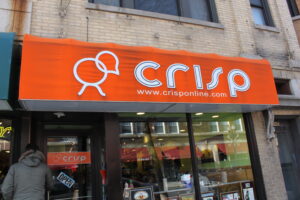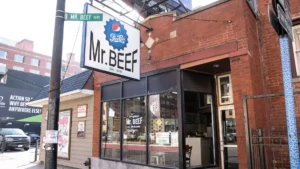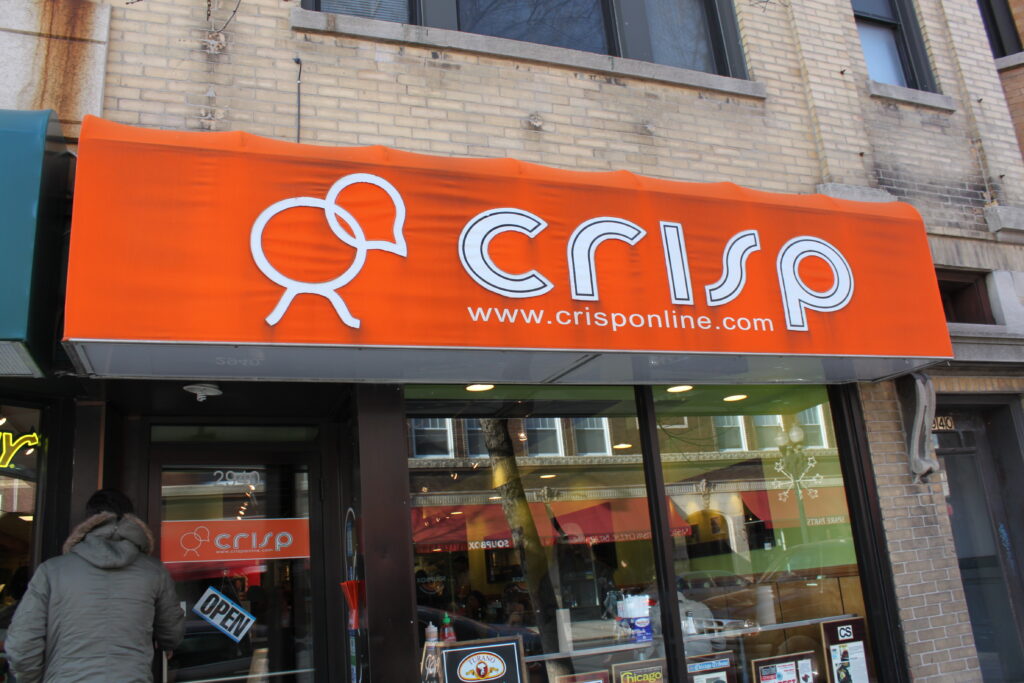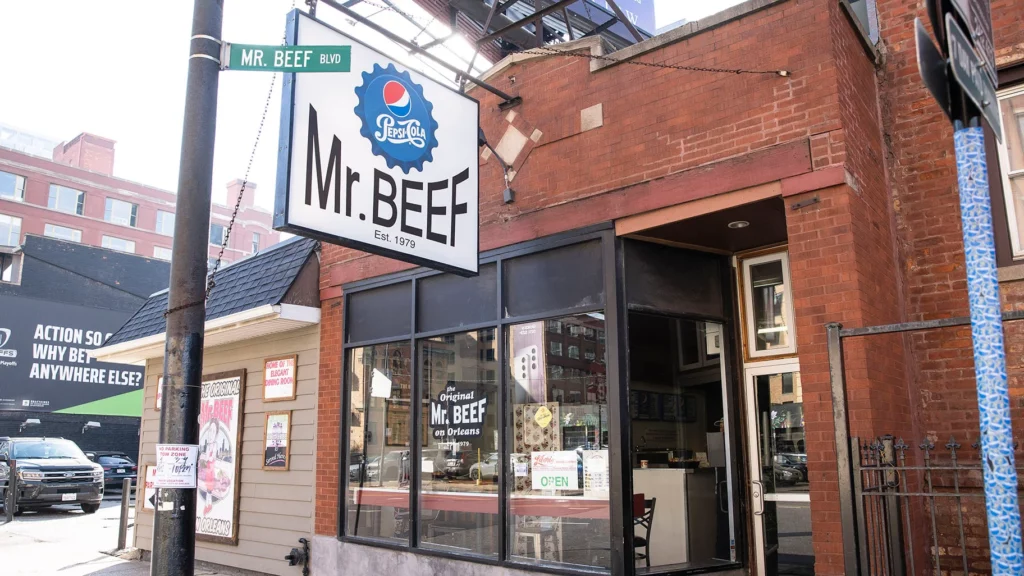It’s Black History Month. February – the shortest, coldest month of the year – and we celebrate. We share stories of Martin & Ida & Frederick & Malcom and feel a sense of “unity” because for 28 (sometimes 29), days out of 365 we cheer all things Black. 2021 is a new day. So, many find themselves wondering “how can I show my allyship for Black & Brown people (I am NOT a fan of all of the letter jumbles – say what you mean. It will not kill you)?” When it comes to booze, wine and the finer adult beverages, the most obvious option would be “support Black owned and operated wineries” – this is a task that takes some effort, especially in the middle of the country.
Writing this is a bit odd. I came into wine almost by happenstance – well, no…actual happenstance. It was wine or eyewear (don’t ask). Wine won. I did not know SHIT about wine (except that I liked to drink it), but I saw a post; I needed a job and I wrote one helluva cover letter (which I would come to find is a big deal since most people cannot follow the most basic of directions). I interview with a man who introduces himself as BOY…BOY? As a black woman, from Iowa, calling a white man BOY held a certain amount of irony & discomfort. We had a nice rapport – I answered questions honestly & figured, welp, if i get the job great. if not – I now know a cool, new place to buy booze
Second interview with the owner. It was clear he thought I was a hot mess (“Why is Beefeater your favorite gin?” “I like the little white palace guard on the label & it’s what my Dad drank when I was little”). I told him that if he hired me that by the end of the year he would want a tee shirt with my face on it…I still owe him that tee shirt – 10+ years later. His parting words that day “You wanna hire her…good luck.” I worked for him for ten years & would do so again. Why? Because he gave me the chance -a Black woman…from IOWA…with little to no wine background – to learn the best way imaginable and that’s drink a lot of wine, ask questions, read and then taste even more wine (and booze, and beer and sake, etc.).
I share this story to highlight that the fact that a woman – a Black woman – from Iowa with no discernible wine knowledge; fucked up olfactory but enough sass to get shit done could get a man to invest his time, money & years later, his retail shoppes to a person that he thought was, on first impression, not the best choice but might work out. I think (hope), he would tell you that my apprenticeship created a “Little Black Mitch”, with a palate that likes high acid & hates crappy, oaky chardonnay (I have the tee shirt to prove it).
He asked me to write about black winemakers – well, I have to admit that I only knew of a handful & after reading an NYT article about Black folks in the wine industry, I realized, my doing what I did for so long was kind of rare. Representation in the wine world for Black & Brown folks is minimal. Far too often, people (customers, shop owners), could not wrap their heads around the dark face talking to them about the finer points and joy of wines from Portugal; or a 5-minute tirade on why I HATE Bordeaux (sorry, I do. it’s nothing personal- I just do not like it- not as much as I dislike pie of any kind, but definitely top 5). In those instances, they would seek out any other face to assist them & it was in those moments that I remembered “OH, yeah…cannot believe that THIS person would know jack about wine” – the slow burning rage would usually go away but it always remained right there, just beneath the surface.
Google “Black winemakers”. You will find, comparatively speaking, a minuscule list of winemakers and wineries founded, owned and operated by men and women of color. Some you may have heard of: Charles Wine Company, Maison Noir Wines (gets bonus points for great packaging and killer merch), Bodkin Wines (made by a Black dude from Iowa, no less!), or the McBride Sisters (“Black Girl Magic” is damn good name for a wine). You will also find a lot of stars of the sports world, rappers and the occasional actor. Name goes a long way – doesn’t always make for a good bottle of juice.
If you go to seek out sommeliers of color….you will find them few and far between. While I am not a som, by any stretch of the imagination, just being a woman of color in wine retail is, well, not all that common. Finding your way to anything wine related, as a Black person, is not the most obvious option and the “role models” that look like you- pretty small pool.
So, in this month of errrrthng Black, I challenge you to do this: look to support minority owned businesses; support those that look to hire the best crew of folks regardless of their skin tone; support the local bottle shop, especially in the time of the ‘rona, because those shoppes are what make a neighborhood & they might, just MIGHT, be training the next minority business owner or female chef or helping launch one of the few Black sommeliers in the world…you just never know. While I would love to write all about the myriad black owned wineries, the fact is, there are not a lot & access to the wines they produce, in the middle of the country at the store down the block, not simple or easy. BUT, the fact that there are some and that more and more women and men of all hues are making wine all over the world is a reason to have hope when it comes to wine and so much more. SOME is a beginning and not the end. Do the research & tell your local businesses about gems you have come across (you can start with the Association of African American Vintners ), read, ask for suggestions. Create the demand; follow through; buy early & often…and do it all 12 months of the year – not just in February.









